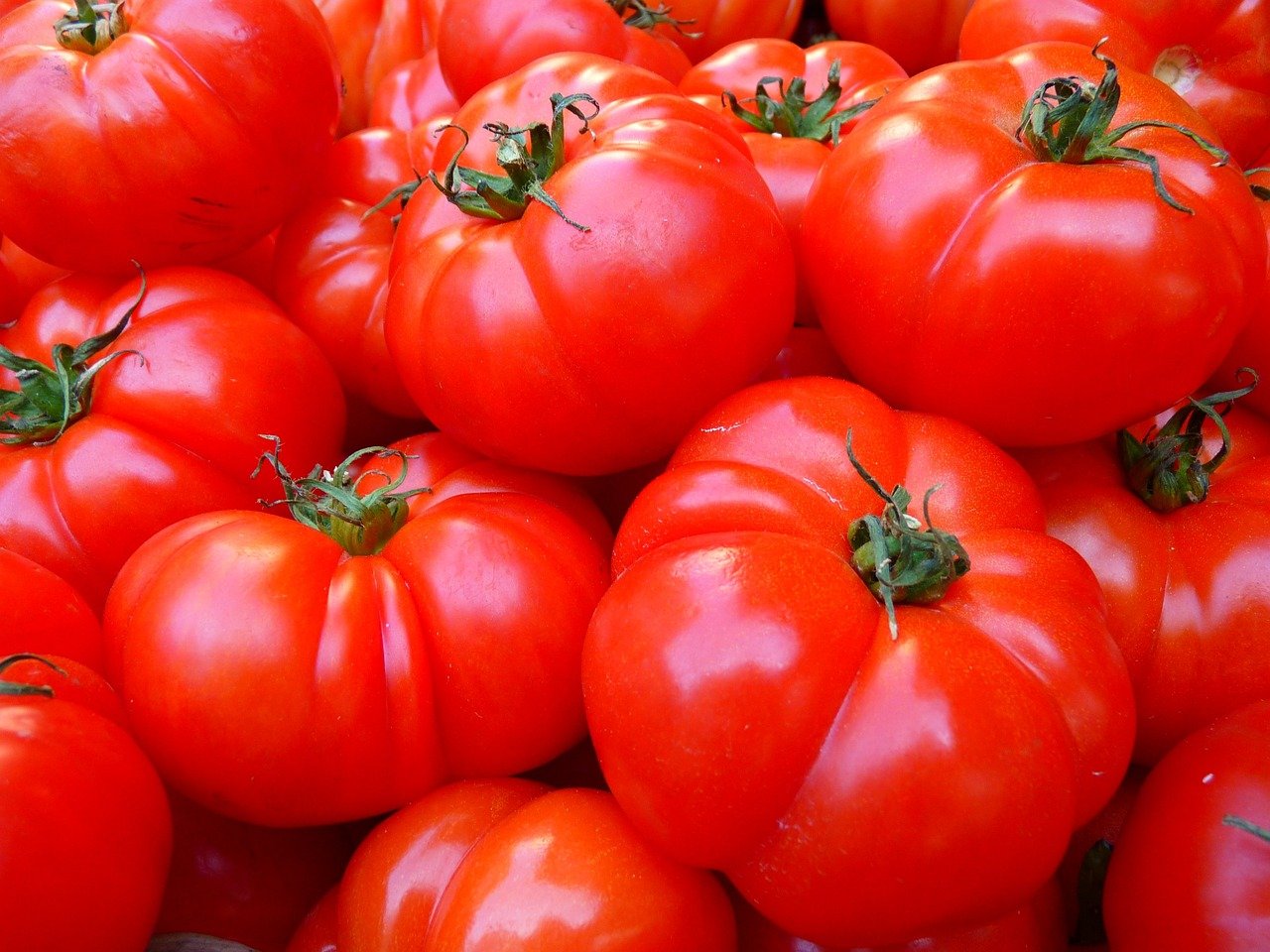The plant-based diet has surged in popularity over recent years, captivating health enthusiasts, environmental advocates, and culinary explorers alike. With numerous studies highlighting the benefits of this dietary approach, many people are increasingly opting for meals rich in fruits, vegetables, grains, legumes, nuts, and seeds. But what exactly is a plant-based diet, and why is it garnering so much attention? In this blog post, we’ll delve into what constitutes a plant-based diet, its myriad benefits, practical tips for transitioning, and how to ensure you’re getting essential nutrients while enjoying delicious and satisfying meals.
What is a Plant-Based Diet?
A plant-based diet emphasizes food derived from plants. This does not mean that you must become a strict vegetarian or vegan and entirely give up meat or animal products. Instead, it focuses on incorporating a variety of plant foods while minimizing animal products.
Definitions and Variations
- Whole Food Plant-Based Diet: Primarily consists of unprocessed or minimally processed foods.
- Vegetarian Diet: Excludes meat but may include dairy and eggs.
- Vegan Diet: Excludes all animal products, including honey.
- Flexitarian Diet: Primarily plant-based but allows occasional meat or animal products.
Benefits of a Plant-Based Diet
Transitioning to a plant-based diet can be a rewarding choice with numerous advantages. Below are some of the key benefits:
Health Benefits
- Heart Health: Studies show that plant-based diets can lower blood pressure and cholesterol levels. A 2020 study found that people who followed a plant-based diet had a 32% lower risk of heart disease.
- Weight Management: Plant-based diets are typically lower in calories and fat, promoting effective weight management.
- Improved Digestion: High fiber content found in plant foods can enhance digestive health.
- Reduced Risk of Chronic Diseases: Plant-based diets have been linked to lower incidences of diabetes and certain cancers.
Environmental Benefits
Many choose a plant-based diet for ethical and environmental reasons:
- Lower Carbon Footprint: Livestock farming is a major contributor to greenhouse gas emissions. A study by the University of Oxford found that adopting plant-based diets could reduce an individual’s carbon footprint by up to 73%.
- Conservation of Water: Producing plant foods generally requires less water than animal farming.
- Biodiversity Protection: Reducing meat consumption can help preserve natural habitats and decrease the risk of species extinction.
How to Transition to a Plant-Based Diet
Making dietary changes can be daunting, but following a few practical steps can ease the transition:
Start Slowly
- Meatless Mondays: Begin by designating one day a week to avoid meat.
- Add Plant-Based Meals: Explore delicious plant-based recipes and gradually increase their frequency.
- Experiment with Substitutes: Try plant-based alternatives to traditional dairy and meat products, such as almond milk or lentil burgers.
Learn to Cook
Culinary skills can significantly enhance your plant-based journey:
- Look for online cooking classes focused on plant-based meals.
- Invest in a few cookbooks that highlight vegetarian and vegan recipes.
- Join a community or forum for plant-based cooking tips and inspiration.
Nutritional Considerations
While a plant-based diet offers numerous health benefits, ensuring you receive all the necessary nutrients is crucial. Here are key nutrients to monitor:
Essential Nutrients in Plant-Based Diets
- Protein: Include beans, lentils, chickpeas, and quinoa.
- Vitamin B12: Found in fortified foods or supplements; essential for nerve function and red blood cell production.
- Iron: Obtain from legumes, tofu, and fortified cereals; pairing with vitamin C sources can enhance absorption.
- Omega-3 Fatty Acids: Consider flaxseeds, chia seeds, and walnuts as great sources.
Delicious Plant-Based Meal Ideas
Incorporating plant-based meals doesn’t have to be a chore! Here are some easy-to-prep meal ideas:
Quick Breakfast Options
- Overnight oats topped with fruits and nuts.
- Smoothies made with spinach, banana, and almond milk.
- Avocado toast on whole-grain bread.
Satisfying Lunch and Dinner Ideas
- Quinoa salad with mixed vegetables and a lemon-tahini dressing.
- Stir-fried tofu with broccoli and brown rice.
- Lentil soup with carrots and spinach.
Conclusion
A plant-based diet not only promotes better health but also contributes positively to the environment. By understanding the fundamentals of this dietary approach, exploring its benefits, and gradually transitioning, anyone can adopt a more plant-centric lifestyle. Remember, the key is to start where you are and make incremental changes that suit your lifestyle. With countless delicious recipes and tips available, there’s no better time to embrace a plant-based diet and reap its benefits for your health, your taste buds, and the planet.






